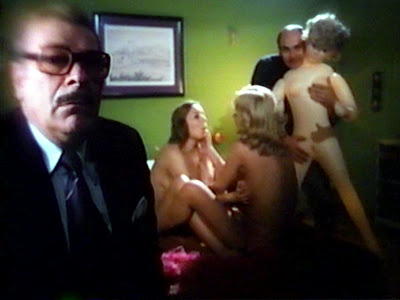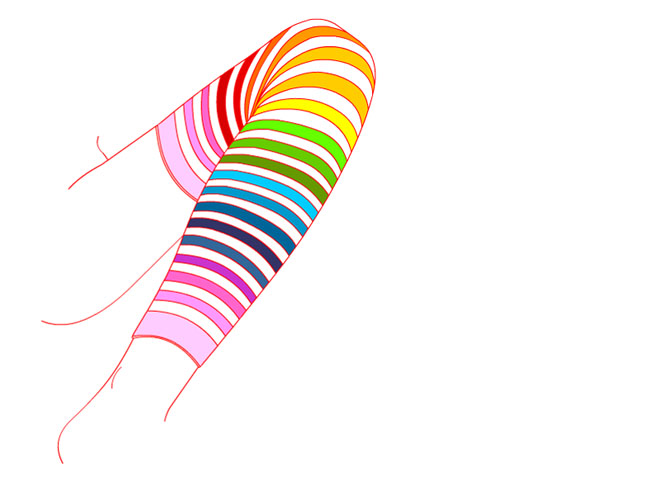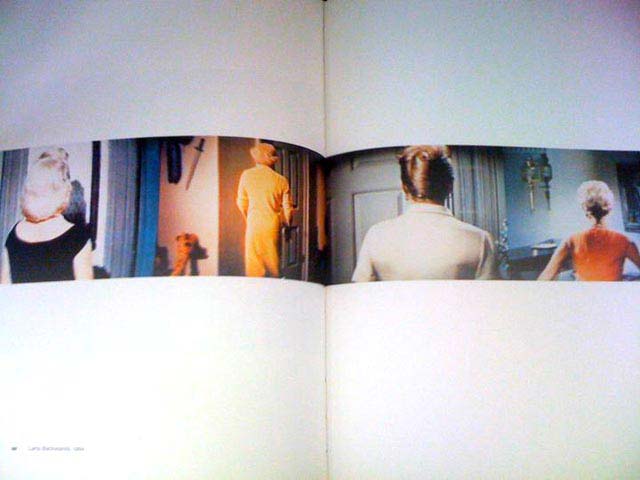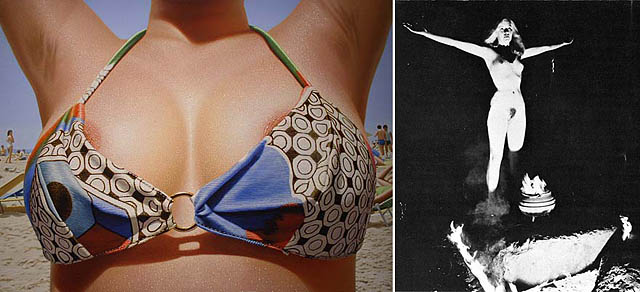Drink a sip, drankasup
For a quarter century, Gerry Fialka, an experimental film-maker from Venice, California, has hosted a book club devoted to a single text: James Joyce’s Finnegans Wake, one of the most famously difficult texts in literary history.
Starting in 1995, between 10 and 30 people would show up to monthly meetings at a local library. At first they read two pages a month, eventually slowing to just one page per discussion. At that pace, the group – which now meets on Zoom – reached the final page in October. It took them 28 years. […]
This November, they started back on page three.
“There is no next book,” Fialka told me. “We’re only reading one book. Forever.”
{ The Guardian | Continue reading }
Finnegans Wake was first published in 1939 and it is widely regarded as being one of the most challenging novels in English literature.
Written in a torrent of idiosyncratic language over more than 600 pages, it includes made-up words in several languages, puns and arcane allusions to Greek mythology.
{ The Times | Continue reading }
The club is among several around the world devoted to collectively untangling the meaning of Joyce’s 1939 novel, which tells many stories simultaneously, and is dense with neologisms and allusions. Critics have considered the work perplexing; a review in The New Yorker suggested it might have been written by a “god, talking in his sleep.” […]
Margot Norris, a professor emerita of English at the University of California, Irvine, and a Joyce scholar, described “Finnegans Wake” as “dramatic poetry” that instead of following a typical plot plays with the very nature of language. “We get words in ‘Finnegans Wake’ that aren’t words,” Dr. Norris said, referring to a passage of seemingly nonsense phrases: “This is Roo- shious balls. This is a ttrinch. This is mistletropes. This is Canon Futter with the popynose.” The novel, she added, “draws your attention to language, but the language isn’t going to be exactly the language that you know.” […]
“People think they’re reading a book, they’re not,” he said. “They’re breathing and living together as human beings in a room; looking at printed matter, and figuring out what printed matter does to us.”
previously { Joyce invented a unique polyglot-language or idioglossia solely for the purpose of this work. }



















